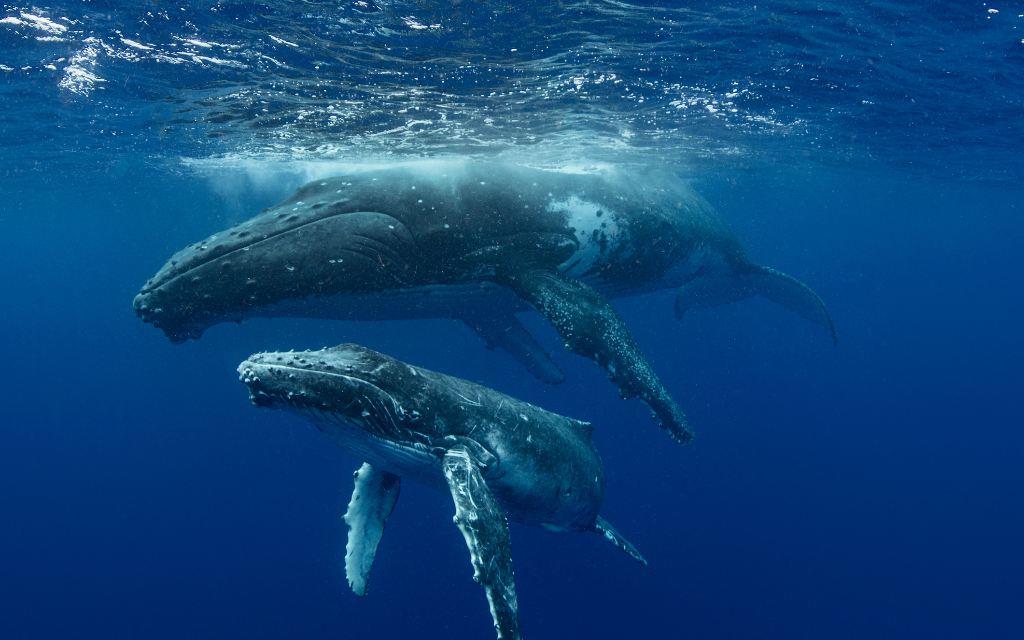
Scientists showed that shipping, sonar, offshore exploration and construction interfere with whale songs and other acoustic communications necessary during their migration, Movement Ecology published.
According to the study by researchers at the University of Melbourne, Australia, and the Politecnico di Torino, Italy, the current whale soundscape could be causing a three- to four-day delay in migratory arrivals, accounting for 20 percent additional travel time.
If noise levels continue to increase, the model suggests that some whales may never reach their destination, either because they veer off course or avoid loud noises that block their route.
"We found that human-made noise has three main effects on migration," said Dr. Stuart Johnston, a mathematician at the Australian University Center and co-author of the paper.
It reduces the ability to hear acoustic communications such as songs between whales, generates an avoidance response when it is strong enough and decreases the detection of environmental cues that some use to inform navigation, he said.
Baleen (toothless) whales such as minke, humpback and blue whales are famous for their extraordinary acoustic communication, which can span hundreds of kilometers, because sound travels a long distance in water.
We know that noise pollution affects the behavior of whales, reducing their communication range and increasing their stress levels, which has been linked to strandings. But it is not known to what extent, that is what we wanted to explore, said the expert.
He explained that whales depend on the sounds of other people and their environment to navigate through the vast oceans. Noise from sonar systems, shipping and construction is reducing the detection of environmental cues that can tell whales where to go.
Whales tend to migrate to colder waters in summer and warmer waters in winter, following food sources, breeding and giving birth where conditions are best for their calves.
In the researchers' opinion, the additional migration time due to noise interference would leave the whales with less time and energy to reproduce and search for food, in addition to creating the need to replenish lost energy. (Text and photo: PL)